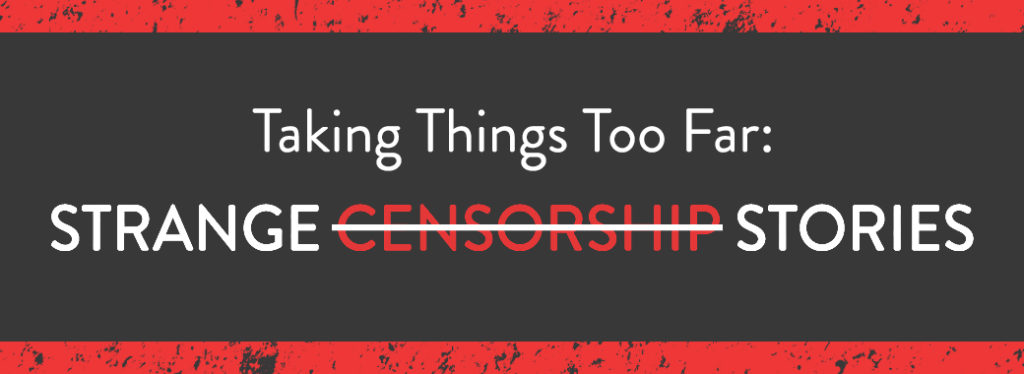
Censorship is the suppression of free speech or content considered politically inaccurate, insensitive or offensive. It’s used as a tool to practice sensitivity and protect vulnerable groups and communities. More often than not, censorship is viewed as imposing and regarded as a tool used by the government to silence unpopular opinions. While its necessity is a heavily debated topic, here are a few film censorship stories which are just a little bizarre.
Barney’s Great Adventure (1998)
This fun-loving purple dinosaur ran into trouble with the Malaysian censors for its questionable (?) content. Confusing? Yep.
Adapted from the beloved TV show ‘Barney and Friends’, the government declared this movie “unacceptable for children to watch” (their words, not ours). The Malaysian government never elaborated further on the ban. This isn’t the first time Malaysia has banned a children’s movie. Other films banned include Babe (1995) & Babe: Pig in the City (1998). It was done in fear of offending their large Muslim population due to its ‘non-halal’ subject matter.
Then again, with Barney’s IMDB rating of 2.8, can we really complain?
The Simpsons Movie (2007)
It was probably Bart’s nude scene, right? Maybe the silo full of pig faeces? Or the peculiar shaman?
Weirdly enough, it was none of those things. The Censor Board of Burma (now Myanmar) banned the movie because the characters were yellow. During the time of the release of ‘The Simpsons Movie’, Burma had instated a ban on the colors red and yellow. The “juxtaposition of yellow and red was seen as support for the rebel groups.” While ‘The Simpsons’ has always had political undertones, it is eccentric to think that propaganda was their objective.
It’s a shame the Burmese people didn’t get to see the legend that was Spider-Pig.
2012 (2009)
Surprise, surprise! North Korea got offended.
2012 marked the hundredth birthday of the Democratic People Republic of Korea’s former Supreme Leader Kim II-Sung. North Korea viewed this year as auspicious and deemed it the year they would rise to become the world’s new superpower. So naturally, they took offense to the disaster-themed movie’s negative portrayal of events in the year 2012. Many people were arrested for viewing/possessing copies of the film. They were charged with “a grave provocation against the development of the state” which could land the accused with a prison term of up to 5 years.
Maybe, just maybe, they took the concept of a ‘jinx’ too far?
E.T. the Extra Terrestrial (1982)
To start off, this isn’t a complete ban.
Following the advice of child psychologists, Scandinavian countries Sweden, Norway and Finland placed an age restriction on the film. The minimum age requirement was 8 in Finland, 11 in Sweden, and 12 in Norway. This film supposedly portrayed adults in a bad light and as enemies of children. In a cute but peculiar reaction to the ban, children held picket signs with slogans such as “Children’s films are made for children,” “Away with (the) 11-year limit,” and “We want E.T.” The Censor Board defended the ban by claiming that this Best Picture nominee maintained a “threatening and frightening atmosphere” which could negatively affect children. And here we were thinking Jaws was Spielberg’s scariest film!
No wonder E.T. wants to phone home.
The Interview (2014)
North Korea strikes again! Or rather, threatens to.
‘The Interview’ follows the story of two American journalists who get recruited by the CIA to assassinate Kim Jong-un during an interview. It was expected that North Korea would ban the movie. However, the events that followed marks one of the strangest incidents in Hollywood and political history.
Initially, North Korea threatened to take action against the USA if Columbia Pictures went ahead with the release. Following which, an anonymous group ‘Guardians of Peace’ hacked Sony Pictures Entertainment and leaked confidential data. They demanded that Sony pull this movie from theaters. They also threatened to attack the New York premiere of this “movie of terrorism”. North Korea also complained to the UN, accusing the film of being “the most undisguised sponsoring of terrorism as well as an act of war.” Following threats of terrorist attacks by the hacker group, Sony resorted to distributing the film through online rentals and a limited release.
With humour being blown so out of proportion, is it any surprise that sarcasm is banned in North Korea?
Every Claire Danes Film Ever (Manila, Philippines) (1998)
Not only did they ban her films, they also banned her.
Actress Claire Danes (My So-Called Life, Homeland) was filming ‘Brokedown Palace’ in the Philippines and had a few things to say about the country. She claimed that the place “smelled of cockroaches, with rats all over, and that there is no sewerage system, and the people do not have anything – no arms, no legs, no eyes.” In retaliation, the nation demanded an apology from her, declaring her a “persona non grata” and banned all her films. Her eventual apology was also deemed to be half-hearted and rejected.
In other news, the Philippines had also threatened to ban Justin Bieber.
Blue Jasmine (2013)
Turns out we’re not the only ones put off by the anti-smoking ads.
This film was banned in India not for its theme of dark humour, but because of cigarettes. In India, it is mandatory to display health warnings during scenes displaying the act of smoking. Films should also play anti-tobacco ads before and during the film. Woody Allen, the director of the film, refused to comply with these restrictions set by the Censor Board. Therefore, the film was never screened here, even though it only had two smoking scenes. One government official defended the decision by saying, “There is no way we would be willing to withdraw the terms. … These disclaimers have had an impact on discouraging people, especially youngsters, from taking up this activity.”
Well, it’s not like youngsters are rebellious or anything.
The Hunger Games: Mockingjay – Part 1 (2014)
No, it’s not the violence. It’s three fingers.
The Thailand government banned the third installment in The Hunger Games franchise over their reasoning that the film was being used as a tool for political propaganda. Katniss Everdeen’s famous three-finger salute, used as a symbol of defiance against the government, was adopted by real-life military coup protestors in Thailand. One of the film’s distributors, the Apex Group was against the idea of their screens “being used for political activism.” As a result, this film was pulled from Thai cinemas and replaced with the much tamer ‘Magic in the Moonlight’.
Seems like the line between fact and fiction is blurred after all.
The Dictator (2012)
Tajikistan was offended by the fictional dictator of a fictional country.
In what might be the most confusing reason ever, the nation’s film distribution company had this to say:
“It’s wrong to compare us with Kazakhstan, Uzbekistan and with other countries. It’s incorrect because we have a different mentality. We’re not going to give Dictator a premiere because of these considerations.”
It is worth mentioning that many parallels have been drawn between Tajikistan’s president, Emomali Rahmon and General Aladeen, the Dictator of the Republic of Wadiya.
But that’s obviously not why the film was banned, right?
While these stories might be entertaining to read, it is important to realise that the hard work of the creators of these films was wasted because of reasons that were far from rational. On a serious note, valuable money, effort and time was invested into something that never saw the light of day. Although censorship is a necessary evil in this society, it is important to realise that sometimes we just have to let artists do what they’re meant to do: create.
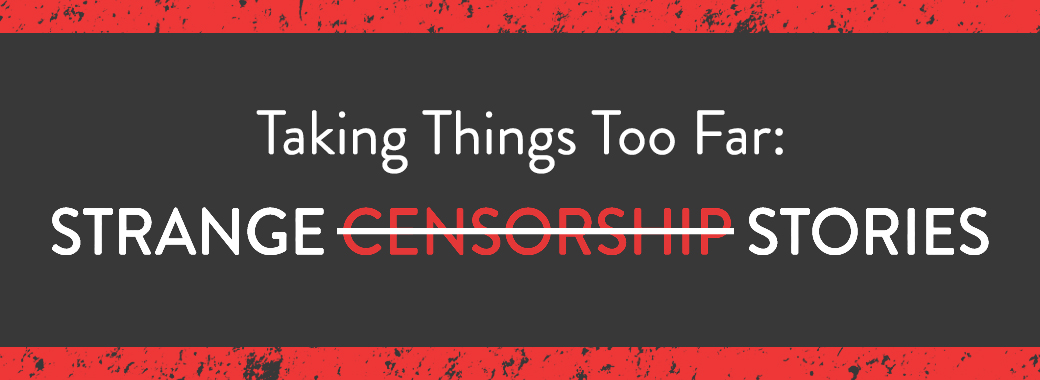
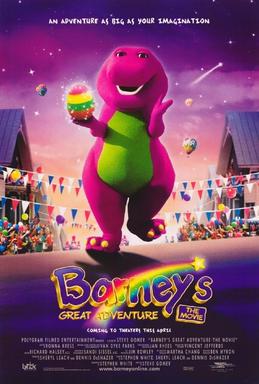
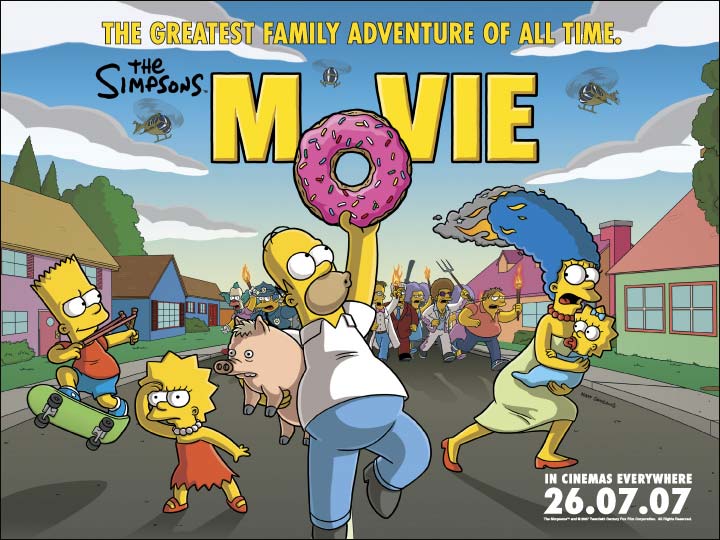
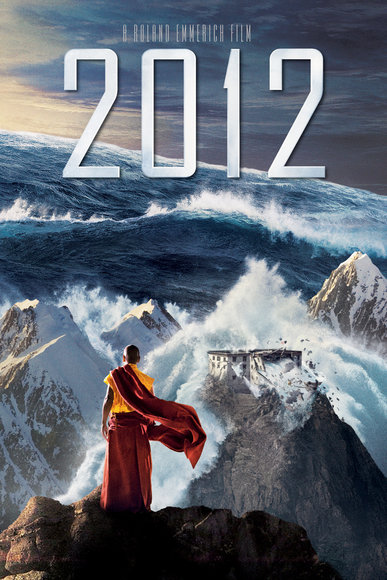

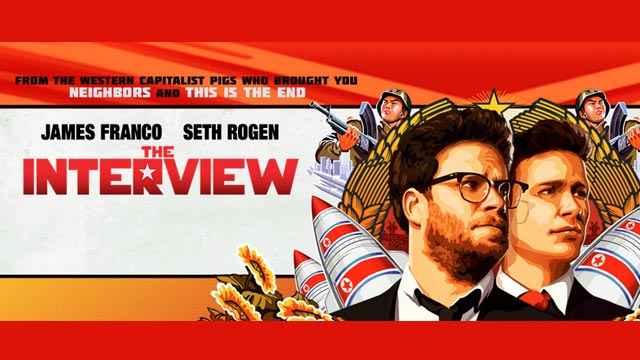

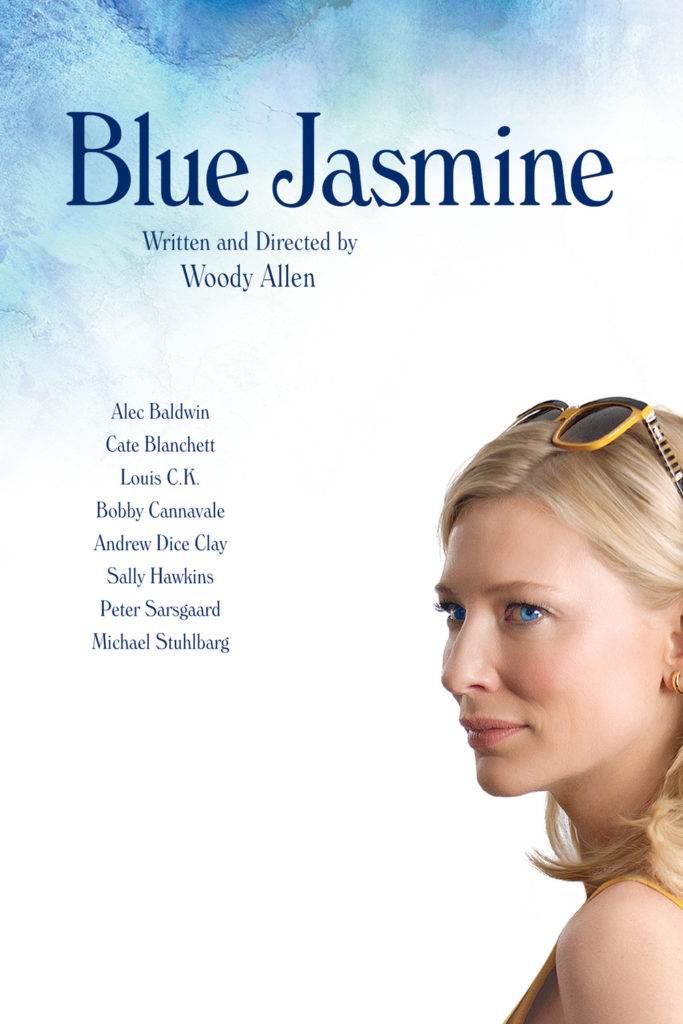

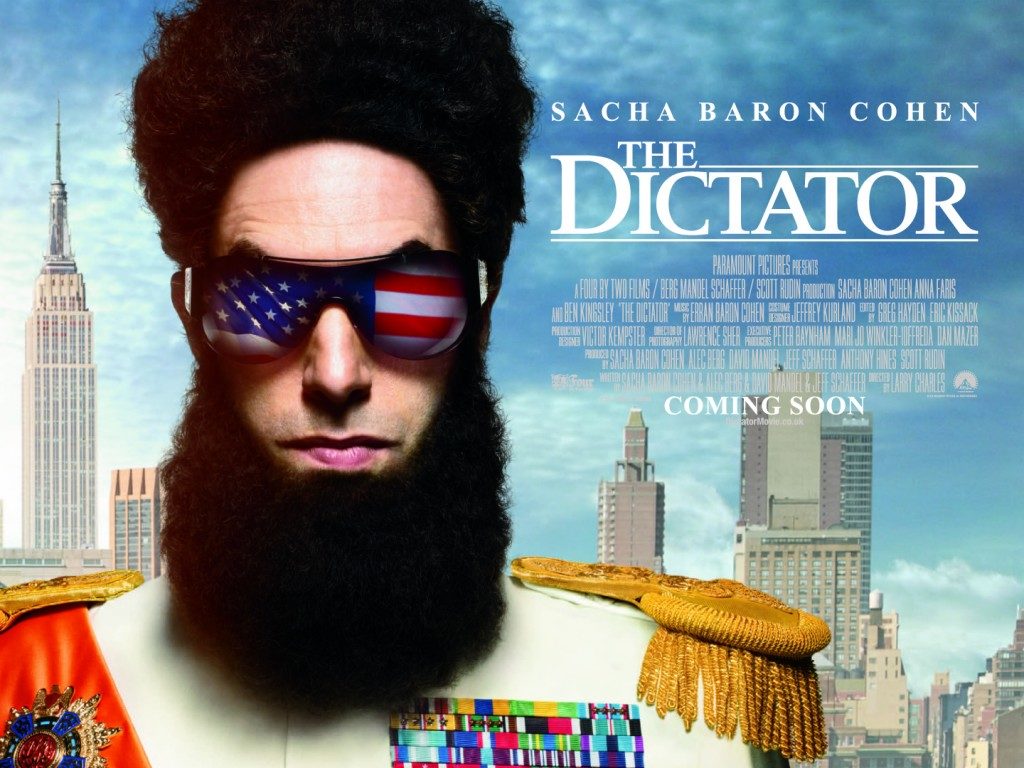
Leave a Reply
You must be logged in to post a comment.